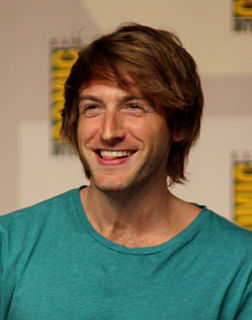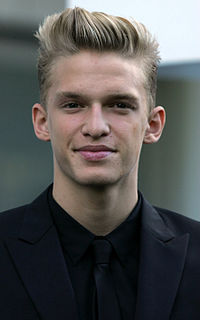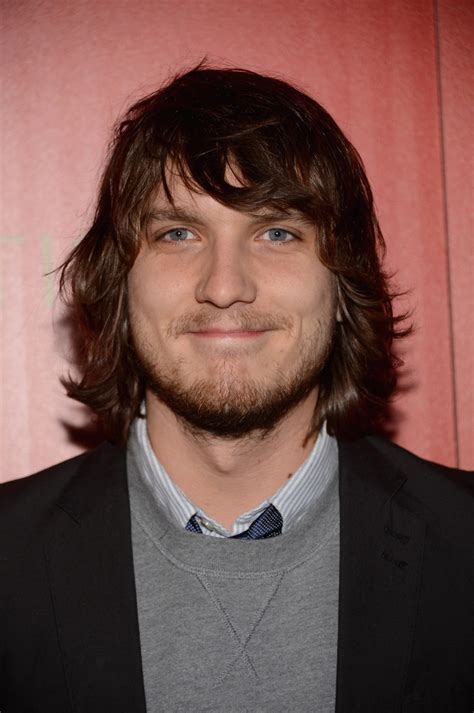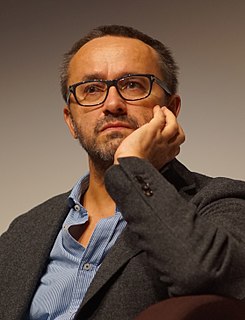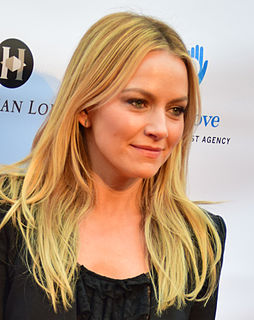A Quote by Fran Kranz
I don't see myself as one type of actor. When you get one role, you start to get cast in that role for awhile because that's what people have seen you do, and have hopefully seen you do it successfully. And so, it becomes an easier thing to see you as, for casting directors and directors, and they start to think of you as that particular person or type of character. But, for me, I'm just an actor, first and foremost. The actors I respect are the real character actors, who are the real chameleon actors that completely change from role to role.
Quote Topics
Actor
Actors
Awhile
Because
Becomes
Cast
Casting
Casting Directors
Chameleon
Change
Character
Character Actor
Character Actors
Directors
Easier
First
Foremost
Get
Hopefully
Just
Me
Myself
Particular
People
Person
Real
Real Character
Respect
Role
See
Seen
Start
Successfully
Thing
Think
Think Of You
Type
Related Quotes
I'm not one of those actors who gets so taken by a role that I can't live my life. I'm the type of actor who goes to work, transforms into a character, takes you on a journey, and then comes back home to be Billy. When I'm in it, I'm in it, but I know how to get out of it. When you can't shut it off, you're a crazy person. I'm not crazy.
When I first started out, it was very, very difficult to even get in the room with directors or casting directors because they would see that I hadn't been to drama school and wouldn't want to see me. Now, I feel like it's changing. We have this new generation of a lot of writers, directors and actors who are just breaking through, and they're doing it for the passion.
Directors like Satyajit Ray, Rossellini, Bresson, Buñuel, Forman, Scorsese, and Spike Lee have used non-professional actors precisely in order that the people we see on the screen may be scarcely more explained than reality itself. Professionals, except fo the greatest, usually play not just the necessary role, but an explanation of the role.
Some actors come to casting and ask me, "Didn't you see my previous roles?" We do not work with actors like this. Their previous roles do not matter; I need the actual work with an actor in this particular character that has been written in our script. What matters is flexibility, believability and efficiency of an actor.
